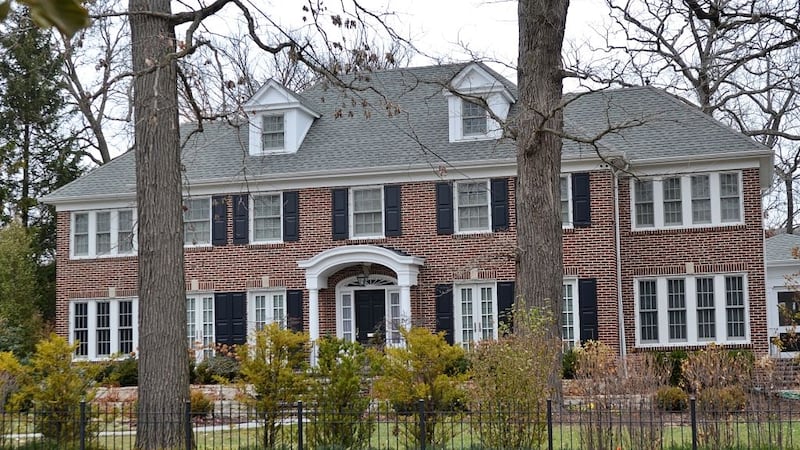Do you know exactly what your homeowners insurance policy would cover in the event of an accident or catastrophe? Unexpected things happen all the time, so if you don't know, you need to find out.
Read more: 5 reasons why home insurers will fire you as a customer
There are several things most homeowners assume are covered by their insurance, but they are not. And when the time comes to pay the bill after a major incident, the last thing you want to find out is that your insurance company won’t pay for it.
So here’s what you need to know.
Read more: The best ways to help the victims of Harvey
12 things your homeowners insurance may not cover
1. Mold: According to Bankrate, a standard homeowners insurance policy generally limits mold damage coverage or totally excludes it. 'Some insurers offer an endorsement to expand coverage limits for mold claims but only if you are willing to pay more for your insurance.' The Insurance Information Institute says the best way to deal with mold is to prevent it from growing in the first place — if you have any flooding or a leak, get rid of the moisture as quickly as possible.
2. Sewer backup: If a sewer backs up into a home, it can do some serious damage to floors, walls, furniture and electrical systems — and it's typically not covered by a standard policy. If you're worried this could be an issue, experts recommend you consider extra insurance that may be available as part of your current policy to cover sewer backups.
3. Sinkholes: According to Bankrate, "most home insurance policies will not cover damage associated with 'earth movement,' such as an earthquake or sinkhole." The only exception is in Florida, where this type of coverage is required.
4. Floods: Too often, homeowners think their regular insurance policy will cover them in the event of a flood. They are stunned when they find out it doesn't. Here's why you need to have separate flood insurance.
5. Construction work damage: If you are renovating your home, a standard homeowners insurance policy likely won't cover any damage done to your house. Ask your provider about a separate policy to cover any potential damage. If you hire a contractor, make sure he/she is licensed for any liability.
Read more: 5 common contractor scams and how to avoid them
6. Jewelry/fine art: Most standard policies have limits for how much they will cover if something happens to things like jewelry or other expensive collectibles. The best way to protect these items is to get a separate insurance rider that specifies exactly what these items are.
7. Termite infestation: The National Pest Management Association estimates termites cause $5 billion in damage in the U.S. each year — and it's not covered by standard homeowners insurance policies. Having a licensed pest control company inspect your home is the best way to avoid this problem.
8. Earthquakes: Earthquake damage is not included in standard policies.
9. Stolen/destroyed cash: It's difficult to convince your insurance company that you had thousands of dollars stashed away in your home when it was destroyed. So keep it in a safe place.
10. Trampoline accidents: They're considered too much of a risk, so you will likely need a separate policy to cover it.
11. Dog attacks: Some companies exclude breeds that are known to be aggressive. And if your dog has bitten someone before, even if he/she isn't an "aggressive breed," the dog may not be included in your policy. Check with your insurance provider to find out.
12. Pool accidents: According to the Insurance Information Institute, since a high amount of fatal drownings occur in residential pools, they increase your liability risk. Pools are 'considered an 'attractive nuisance' and it may be advisable to purchase additional liability insurance.' So while your current policy may include coverage for a pool, you need to check the details and make sure you are covered for the right amount.
How your credit score can impact your home insurance rates
Clark.com






